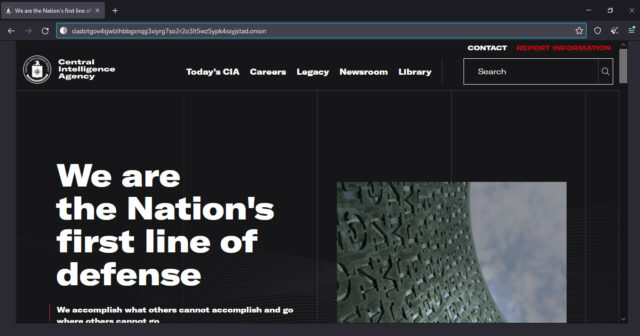
The CIA video in the Russian language published on YouTube, which invites dissatisfied Russians to provide information to the U.S. Intelligence agency, confirms Washington’s strategy to create a network of assets inside the Russian Federation and put pressure on the Kremlin.
By exploiting possible local disappointment, the CIA might get solid intelligence to evaluate the Russian political, economic, and social status and support Washington’s strategy against Moscow.
- The CIA recruiting video might put pressure on the Russian intelligence agencies, especially the FSB, and feed the ‘rule of suspicious’ in the country.
- By creating a network of Russian supporters, informants and assets, the CIA can acquire worthy information and contemporary organise anti-government actions to destabilise the Kremlin and the Russian government from inside.
- Considering the main goal of the video, it is possible that the CIA might have experienced a lack of local operatives and informants from Russia since the beginning of the Ukraine conflict.
Information background
On May 16th, 2023, the Central Intelligence Agency (CIA) released a public video in Russian language titled Pochemu ja poshel na kontakt s CRU: moe reshenie (Why I contacted the CIA: my decision) on its YouTube channel, inviting ‘reliable people’ to provide helpful information about the Russian Federation.
The CIA addressed military officers, personnel in intelligence, diplomacy, science, high technology or Russian citizens who deal with people involved in these sectors or any asset who can provide information about the Russian economy or top leadership.
At the end of the video and among the paragraphs of the video’s description in the YouTube channel, the CIA wrote the instruction to contact the agency by using Tor Browser on the Dark Web. Indeed, Tor Browser allows Internet users to navigate anonymously the Dark Web and get access to the CIA onion site (http://ciadotgov4sjwlzihbbgxnqg3xiyrg7so2r2o3lt5wz5ypk4sxyjstad.onion/).

The CIA also opened its Telegram channel where the agency published the recruiting video. According to the Russian embassy in the United States, the CIA plan to recruit discontented Russians confirmed Washington’s hostile behaviour towards Moscow.
In mid-July 2022, President Vladimir Putin signed a law that equated defecting to the enemy in the face of hostilities with treason. A new article 275.1 has appeared in the Criminal Code, which introduces responsibility for ‘confidential cooperation’ with foreign intelligence services in order to help them in their work, ‘knowingly directed against the security’ of Russia. The maximum term of imprisonment for it is up to eight years.
Scenario Analysis
Since the beginning of the Ukraine conflict in February 2022, intelligence agencies from both sides have been involved in covert or open recruiting campaign aimed to obtain information and support from assets inside Russia, Ukraine, and the West.
Russian authorities quickly reacted by condemning the CIA strategy and emphasising that the recruiting video and Telegram channel confirm the U.S. hostile stance against Russia. The Kremlin might use the CIA video for domestic politics and to elevate the risk alert among its citizens by spreading the ‘fear of foreign agents’ and the ‘saboteur’.
The CIA recruiting video is part of the information warfare between the parties involved in the Ukraine conflict. By publishing and promoting on different social media networks, especially YouTube, the CIA can spread the message among Russian and foreign audiences that there are dissatisfied Russian citizens who are working or desire to work with the U.S. Intelligence agency.
At the beginning of the Ukraine conflict, Western media and intelligence agencies often reported the manifestations in different Russian cities against the Kremlin and the so-called ‘special military operations’ in Ukraine. The CIA video can fuel doubts and theories on the existence of a strong form of opposition among the Russian people and within the power establishment.
The CIA recruiting video might put pressure on the Russian security services, especially the Federal’naja sluzhba bezopasnosti Rossijskoj Federacii (Federal Security Service of the Russian Federation – FSB), which should simultaneously operate to contrast any internal threat and avoid any leak in favour of Western intelligence agencies. The Russian security services might firstly target the citizens who work remotely with foreign companies, especially from the West.
The CIA website on the Dark Web might become the target of repeated cyber-attacks to shut it down or attempt to compromise the agency’s portal by utilising the contact form as a ‘gate’ to send malware and infected documents. Indeed, since its beginning, the Ukraine conflict has impacted the world of cybersecurity because of cyber-attacks conducted by hackers’ team from both the sides involved.
Author: Giuliano Bifolchi



